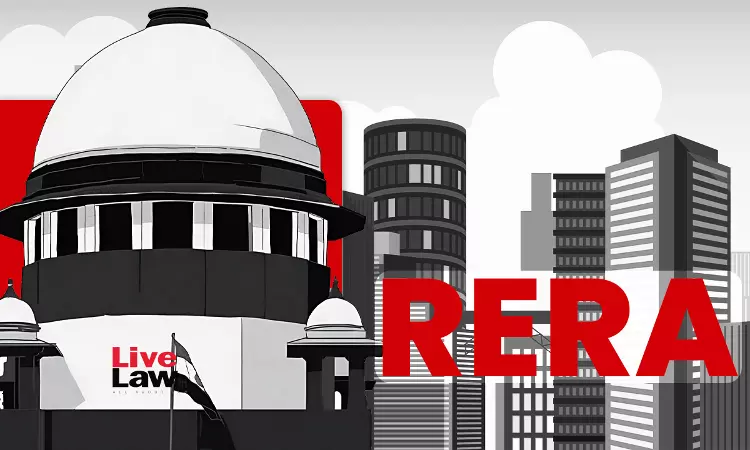- Home
- /
- Top Stories
- /
- Appoint RERA Appellate Tribunal...
Appoint RERA Appellate Tribunal Chairperson ': Supreme Court To WB Govt
Awstika Das
21 Jan 2024 10:05 AM IST
The Supreme Court on Friday (January 20) urged the West Bengal government to appoint the chairperson of the appellate tribunal under Real Estate (Regulation and Development) Act, 2016. The top court is monitoring the implementation of an order directing states and union territories to appoint permanent adjudicating officers and establish permanent regulatory authorities and appellate...
Next Story



